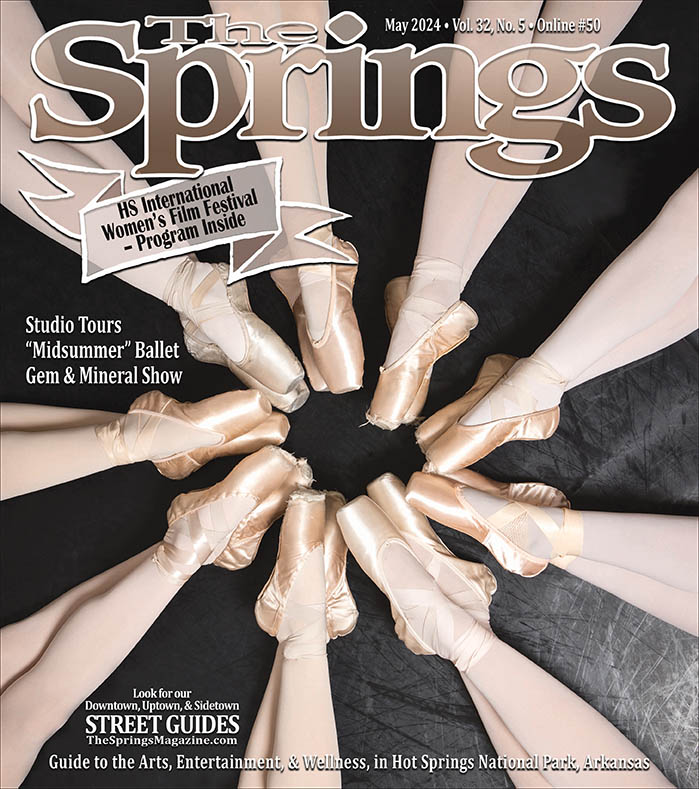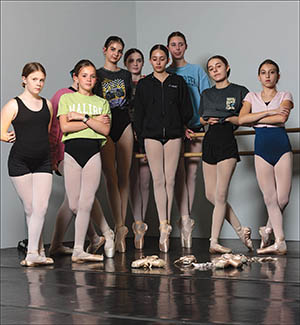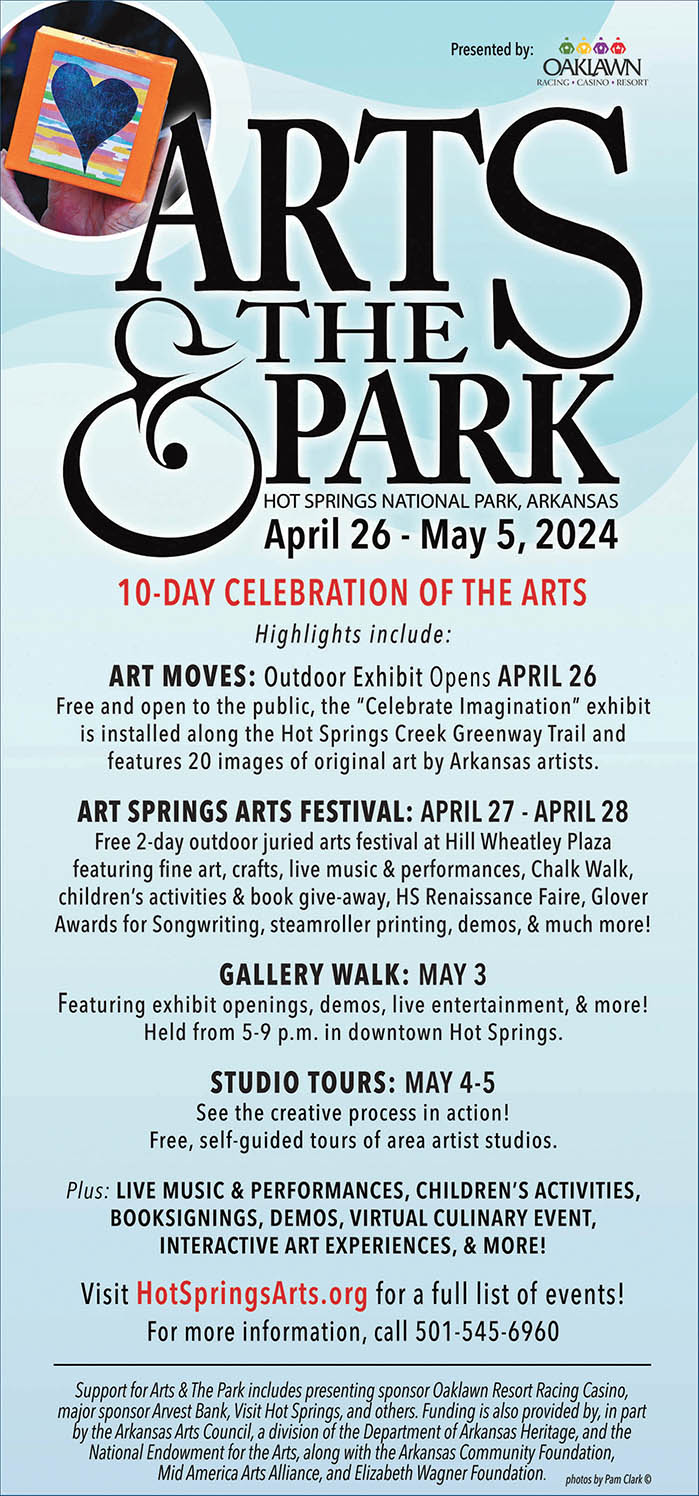Where worry limits, problem-solving is not restricted to one answer or action but can involve multiple solutions and outcomes.
By Alison Crane
Someone once told me that her job was to worry and that she had to worry in order to be a good parent. I respectfully disagreed and have thought about her statement ever since. There have been times that were harder than others not to worry but generally, I have tried to be a problem solver instead of a worrier.
Worry focuses on a future that has not actually happened. As a negative thought process, it anticipates all of the possible problems that could happen, but worry does not plan what to do about them. When we spend our time worrying about all of the worst-case scenarios, we are actually participating in a passive activity that does not accomplish anything (except potentially raising our blood pressure).
On the other hand, problem-solving is active. Problem-solving applies constructive thought to solving an actual problem at hand and involves being flexible and effective. Where worry limits, problem-solving is not restricted to one answer or action but can involve multiple solutions and outcomes. It is dynamic in how it supports creativity but also requires focused time to accomplish its purpose.
Problem-solving applies these basic steps to accomplish a desired goal or outcome to a problem. Instead of worrying apply these basic steps to find a workable solution to your problem.
- Identify the actual problem.
- Think about possible solutions.
- Examine the pros and cons of each solution.
- Choose the best solution(s) to apply.
- Set your plan into action.
- Evaluate your results and repeat the process if needed.
May is Mental Health Month, and choosing to be a problem solver instead of a worry wart can go a long way to improving your frame of mind and those around you. Visit our website to learn more about how stress impacts your health. Contact the Garland County Extension Service at 210 Woodbine St, Hot Springs, Arkansas 71901, or call 501-623-6841 for educational programs and resources for improving your mental and physical health.
Alison Crane is a Family and Consumer Sciences Agent with the Garland County Extension Service. The University of Arkansas System Division of Agriculture offers all its Extension and Research programs to all eligible persons without regard to race, color, sex, gender identity, sexual orientation, national origin, religion, age, disability, marital or veteran status, genetic information, or any other legally protected status, and is an Affirmative Action/Equal Opportunity Employer.








